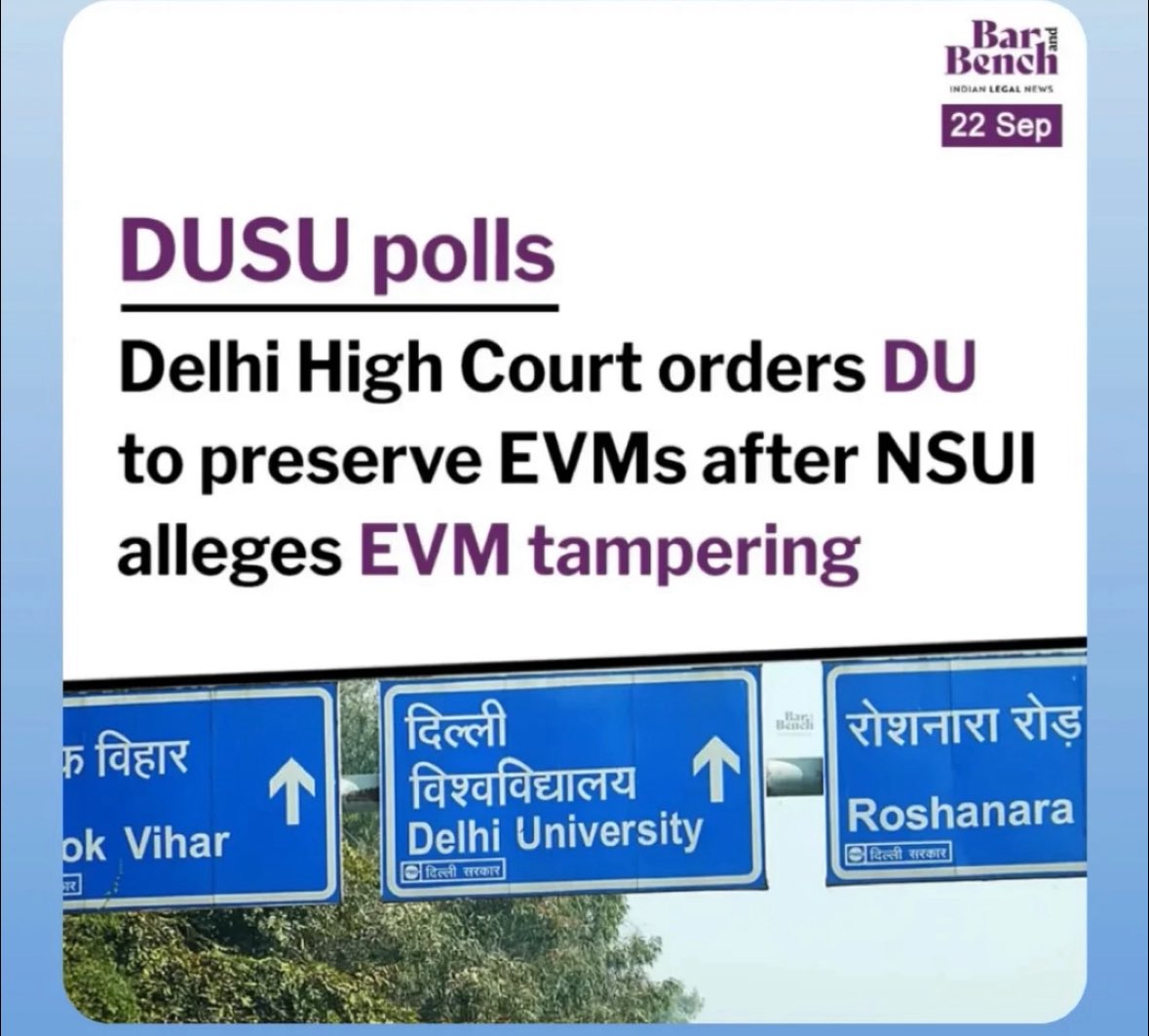
Chief Justice D. K. Upadhyaya and Justice Tushar Rao Gedela, in their brief ruling, observed that the matter had been conclusively addressed by higher courts, including the Supreme Court, and found no merit in another round of litigation. The bench tersely ordered “Review dismissed.”
The petitioner, appearing in person, had filed the review plea against the High Court’s order of 24 September, which had refused to entertain the PIL. During proceedings, the bench questioned the petitioner’s insistence on revisiting a matter already adjudicated, describing the petition as a potential waste of judicial time. The court had appointed Senior Advocate Rajshekhar Rao to engage with the petitioner, but he remained committed to pressing the petition so it could be formally dismissed and enable him to move to the Supreme Court.
In its September order, the High Court relied on multiple precedents, including a Supreme Court decision in Association of Democratic Reforms v. Union of India & Anr, in which the apex court affirmed the EVM-VVPAT system as “simple, secure and user-friendly.” The bench also pointed to constitutional courts’ consistent treatment of EVMs and dismissed the PIL as raising issues already decided in repeated judgments.
The petitioner had urged that ballot papers offer greater transparency and eliminate risks of electronic tampering. He argued that voters’ trust in elections would be better preserved through tangible ballots, which allow manual counting and verification. He further contended that speculation about manipulation of EVMs undermined electoral integrity.
Court and respondents countered that EVMs, supplemented by Voter Verifiable Paper Audit Trail slips, already provide a verifiable audit mechanism. They emphasised that claims of tampering or malfunction lacked credible empirical backing. The bench underscored that invoking a review against a settled legal position was not permissible unless there was a manifest error of law or fact, which the petition failed to establish.
Over the past years, courts have repeatedly upheld the legitimacy of EVMs. In 2024, the Supreme Court rejected a PIL demanding return to ballot papers, stating that allegations of tampering were invoked only post electoral defeats and lacked evidentiary support. Courts have also pointed to administrative advantages of EVMs, such as faster counting, reduced invalid votes, and prevention of practices like booth capturing.
